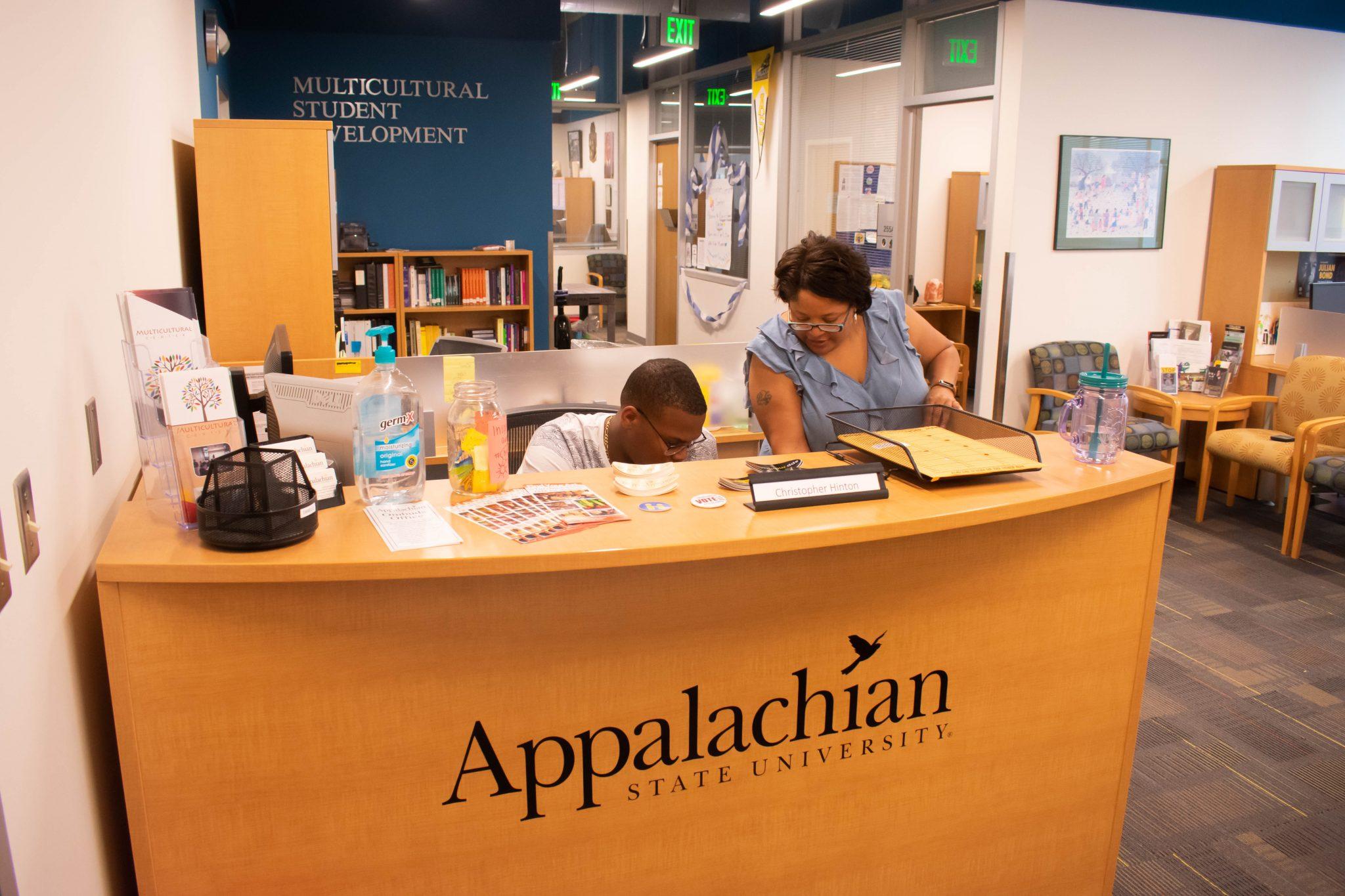A report from the USC Race and Equity Center released on Sept. 26, graded the status of education of black students at every four-year, non-specialized, public postsecondary institution in the nation.
This report rated schools based on representation equality, gender equality, completion equality and the ratio of black students to black faculty. It then averaged each of these scores together and created a report card for each school.
App State, overall, got a 1.00, or a D, which is the lowest grade in North Carolina. This statistic is made even worse by the fact that the state, overall, averaged a 2.23, or a low C.
The highest grade App State received was a C for the ratio of black students to black faculty.
It isn’t a secret that App State isn’t the most diverse campus. Only 16.2 percent of the student population is racially and ethnically diverse. Compare this to other colleges in North Carolina: 33 percent for UNC-Charlotte, 32.4 percent for East Carolina University and 28.5 percent for North Carolina State University. App State is trying to increase diversity, as it has managed to increase its diversity rate by 35.4 percent between 2014 and now. Of course, when there isn’t much diversity to begin with, it isn’t hard to see a large proportional increase.
Although this report should serve as a wake-up call to the administration, it isn’t indicative of the overall climate at App State, Spenser Darden, associate director of Multicultural Student Development said.
Darden said the report and others like it do not indicate the quality of life for diverse students and whether they feel their identities are affirmed.
Danielle Carter, director of MSD, said these reports do not capture data on “self-identifying” diversity, such as the LGBTQ community and non-Christian communities.
The report also does not examine the initiatives that App State is enacting to expand its pool of diverse students.
App State hired chief diversity officer Willie C. Fleming in May 2016. Student Affairs recently released an updated Statement on Diversity and Inclusive Excellence. Some multicultural student clubs and organizations include the Black Student Association, the Hispanic Student Association, the Asian Student Association and others. Diverse students have a home in the Henderson Springs LGBT Center and the Multicultural Center, where they can form friendships and connections.
However, although reports are not wholly indicative of the status of diverse students, it is a red flag.
App State has the lowest completion equity rate for black students in the state, at only 57.5 percent compared to the overall graduation rate of 70.3 percent, according to the report.
Ina Colon-Villafranca, a senior communication and electronic media broadcasting major and the president of Alpha Kappa Alpha Sorority, Inc., the first African-American sorority, said this might stem from the community not being supportive of the needs of black students. She said that many black students face difficulties when trying to take care of their basic needs such as hair and skin care.
Another red flag that this report brings up is the lack of black faculty. There were only 17 black faculty members, according to the report. As of Fall 2017, only 9.7 percent of App State’s faculty is racially and ethnically diverse.
Darden said diverse students can have issues making bonds and being vulnerable with white faculty and staff, which impacts whether or not App State can retain diverse students, as students who do make bonds with faculty and staff are more likely to stay.
Boone itself, much like App State, lacks diversity. Less than 10 percent of the permanent population of Boone is racially diverse. Carter and Darden both said this can cause diverse students to not come to App State. However, this isn’t a direct issue that App State can resolve, and it’s one that it will have to be cognizant of when trying to bring in more diverse students.
This is a complex issue, and while App State can do all it can to bring in diverse students, the Boone community needs to do its part to help as well.
Opinion and photo by: Q Russell, Opinion Editor
Featured photo caption: “The front desk of the Multicultural Student Development office is located on the second floor of the Plemmons Student Union”

